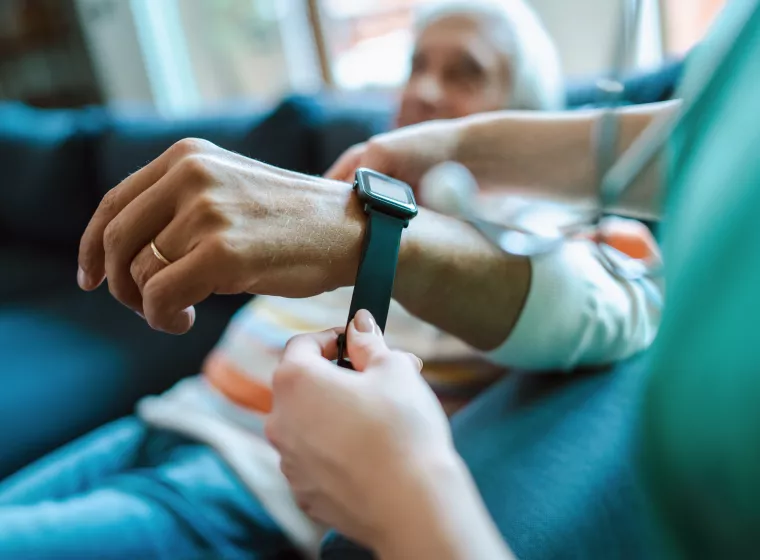June 23, 2023
FDA requests feedback on the application of good clinical practices to increasingly diverse trial types and data sources
The Food and Drug Administration (FDA) released a draft guidance June 6 with updated recommendations for good clinical practices (GCPs) aimed at modernizing the design and conduct of clinical trials. The current documentation builds on infrequent but continuous iterations released by FDA starting in 1995.
Today's version applies to a broad range of evolving clinical trial demands, including those with innovative design elements. The modernized GCP recommendations encourage the use of fit-for-purpose digital health technologies (DHTs), such as wearable sensors, with the potential to facilitate more agile data collection and improve patient recruitment.
The principles outlined in the current draft guidance aim to make trials more efficient and potentially accelerate evidence generation for medical products by:
- Emphasizing the use of risk-based and proportionate approaches across the clinical trial lifecycle (e.g., data collection, monitoring, quality management). With this approach, investigators are encouraged to determine which data and clinical trial processes are most important to participant safety and data integrity and focus their efforts accordingly.
- Encouraging sponsors to be proactive when it comes to a trial's quality considerations, including attributes of a trial that are fundamental to the protection of participants, the reliability of trial results, and the decisions made based on those trial results.
In a statement, FDA Commissioner Robert M. Califf, M.D., said, "These draft recommendations propose a major step forward in this work. Building quality into the design and conduct of trials and encouraging the use of innovative trial designs and health technologies are essential to truly advance clinical trials and generate meaningful results."
An update to expiring ICH guidance
The draft guidance is adopted from the International Council for Harmonisation's (ICH) recently updated E6(R3) draft guideline, which was developed to enable the incorporation of rapidly developing technological and methodological innovations. Once finalized, it would update the existing guidance, E6(R2) Good Clinical Practice: Integrated Addendum to ICH E6(R1) (March 2018), which is set to expire Sept. 30.
Complementary DCT guidance and DHT framework
FDA recently issued other documents that complement these draft recommendations. In May 2023, the agency released draft guidance proposing recommendations for the implementation of decentralized clinical trials (DCTs). The agency also recently released a DHT framework document to guide the use of DHT-derived data in regulatory decision-making for drugs and biological products.
FDA will accept public comments on the draft guidance until Sept. 5.
What Can We Help You Solve?
Exponent's multidisciplinary scientists and engineers are at the forefront of conducting innovative observational studies, decentralized clinical trials, and digital health technology solutions, including the application of wearable sensors and the data networks needed for remote research through partnerships with key stakeholders.
Insights








